The cinematic world is full of movies that audiences and critics love and consider classics, however, some weren't always thought of that way. Only with the benefit of hindsight, reevaluation, and popularity growth over a long period of time, have some movies become the classic they're known as today.
Upon release, some movies that audiences consider masterpieces were actually reviled by critics and some even flopped at the box-office. Fortunately, over time with repeated viewings, a new appreciation for these films grew, and now considering these movies as anything less than classics is shocking. Here are 10 films that were poorly received upon release, that audiences the-world-over have come to love.
10 The Shawshank Redemption
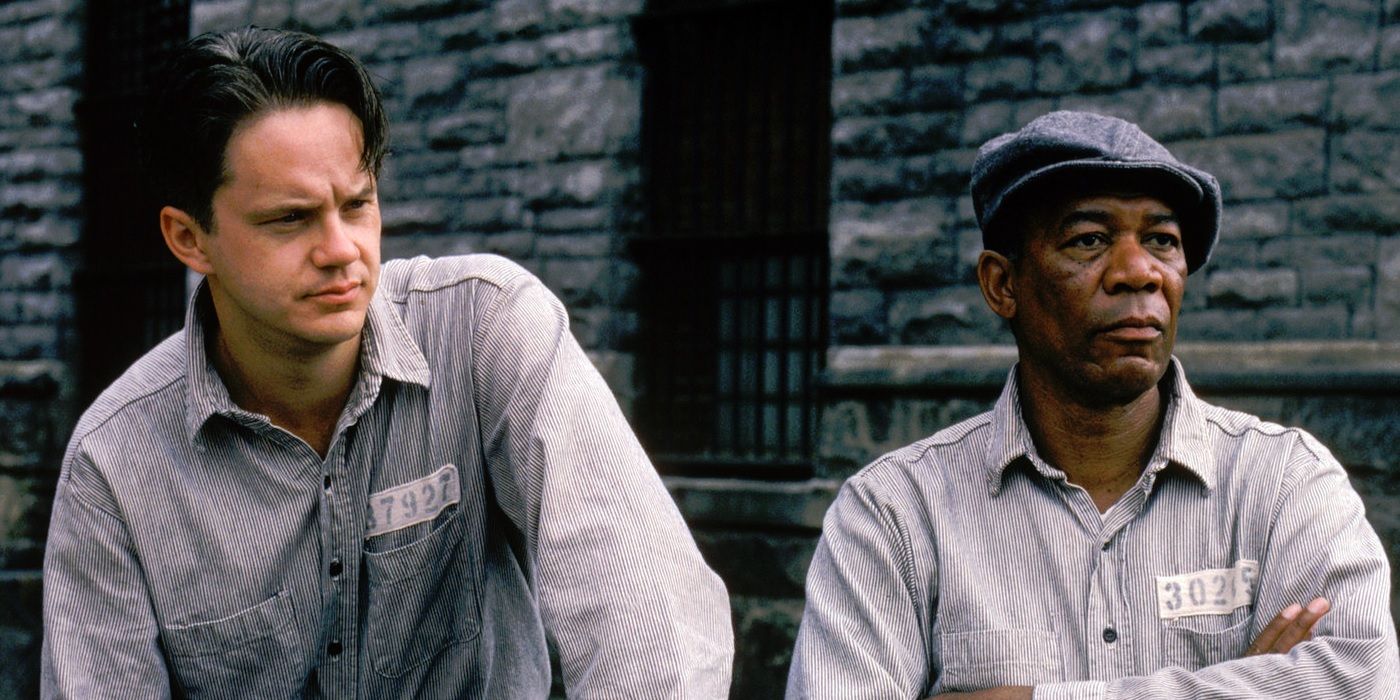
While The Shawshank Redemption was a hit with critics, it took a bit for the prison movie to catch on with audiences. When released in 1994, it failed at the box-office, which could have been due to many factors, including audiences being unable to understand the title.
Shawshank was Oscar-nominated that year against stiff competition like Pulp Fiction and Forrest Gump. It didn't win but, based on its nominations, became a hit on home video and later on cable television. From there it has become a beloved favorite with many considering it one of the greatest films of all time. Famously, in 2008, it surpassed The Godfather as the number one film on IMDB's user-generated top 250 list where it has remained ever since.
9 It's A Wonderful Life
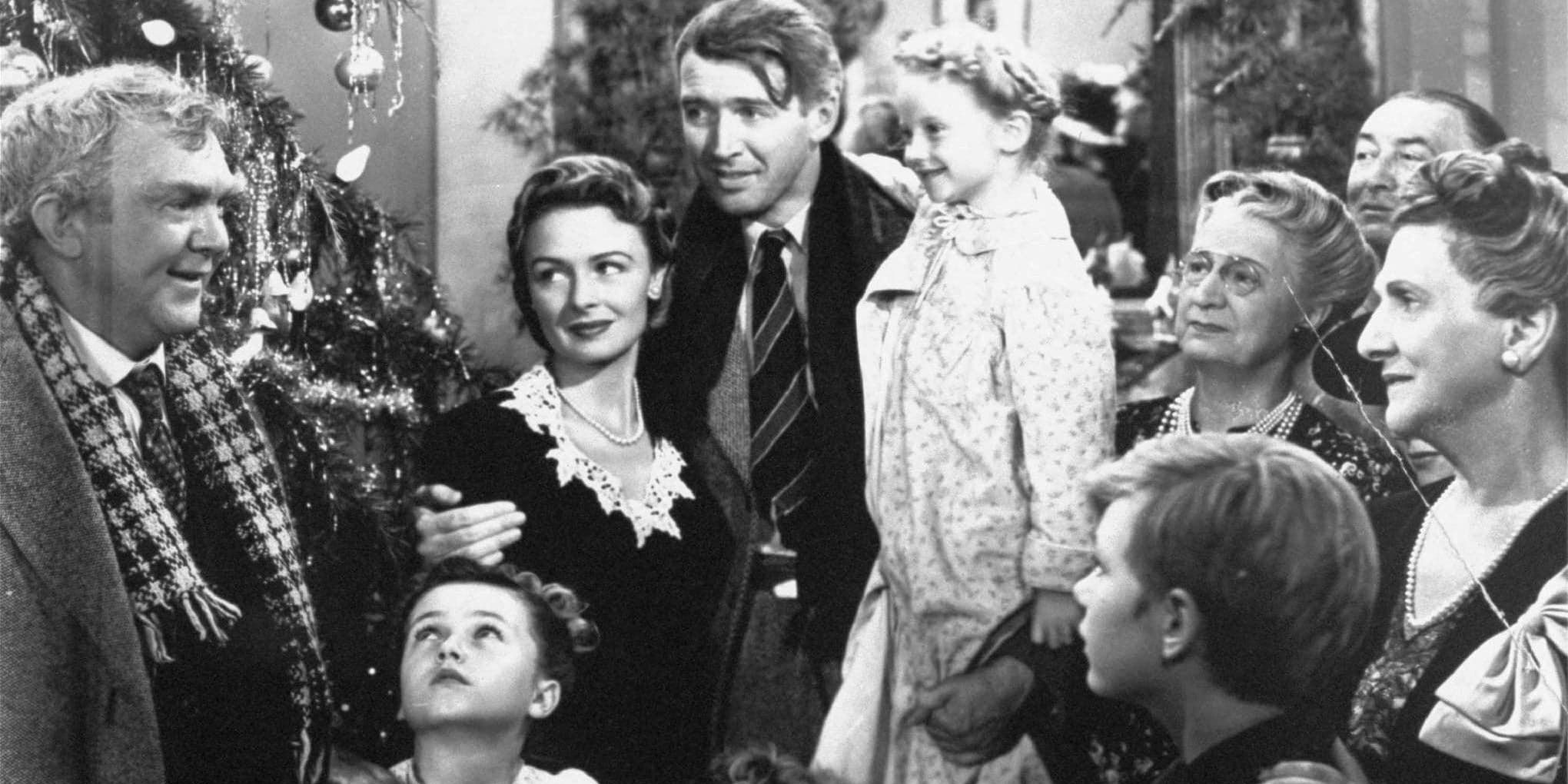
It's A Wonderful Life has become a staple of holiday viewing each and every year. It truly is amazing that now, in 2021, a movie made in 1946 is still required viewing every holiday season, never growing old. However, critics didn't always think the movie was all that wonderful.
Upon release, critics called the movie "contrived" and "weak," particularly "the sentimentality of it - its illusionary concept of life. The movie fared poorly at the box-office but was nominated for several Oscars, including Best Picture. However, it lost to The Best Years Of Our Lives, a film still considered great but nowhere near the classic It's A Wonderful Life is. Due to a clerical error in the late 1970s, the movie entered the public domain where it could be shown on TV over and over again for free, and from there, audiences gravitated to it.
8 The Shining
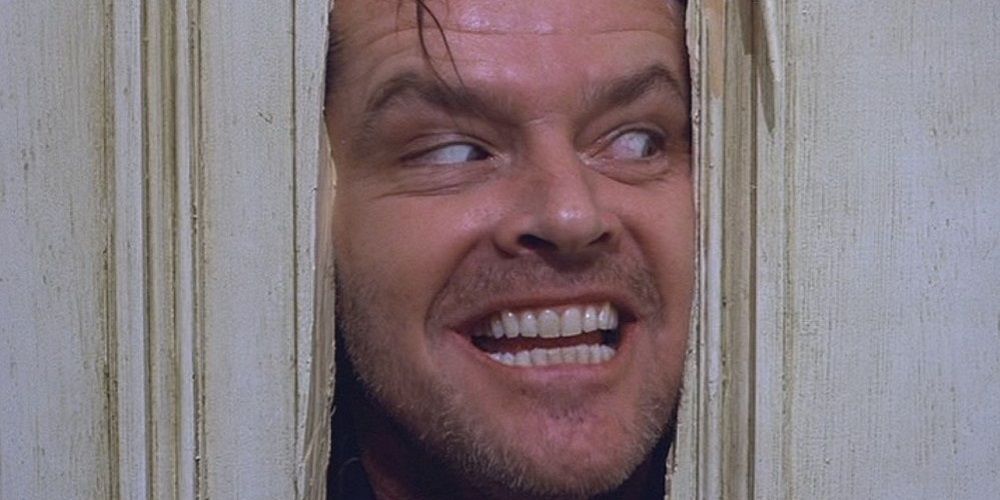
Nowadays, The Shining is not just considered a great horror film but a masterpiece. Everyone knows Stephen King wasn't happy with this adaptation but he wasn't the only one disappointed in the film.
Film critic Janet Maslin wrote the story "frustratingly knows little rhyme or reason." Many critics pointed out the film's "lackluster scares," not realizing, at the time, that Stanley Kubrick was going for more than just a horror film. Roger Ebert complained he was unable to connect to the characters, but he eventually reversed his opinion many years later and considered it a great film. However, Stephen King still hates it.
7 Psycho
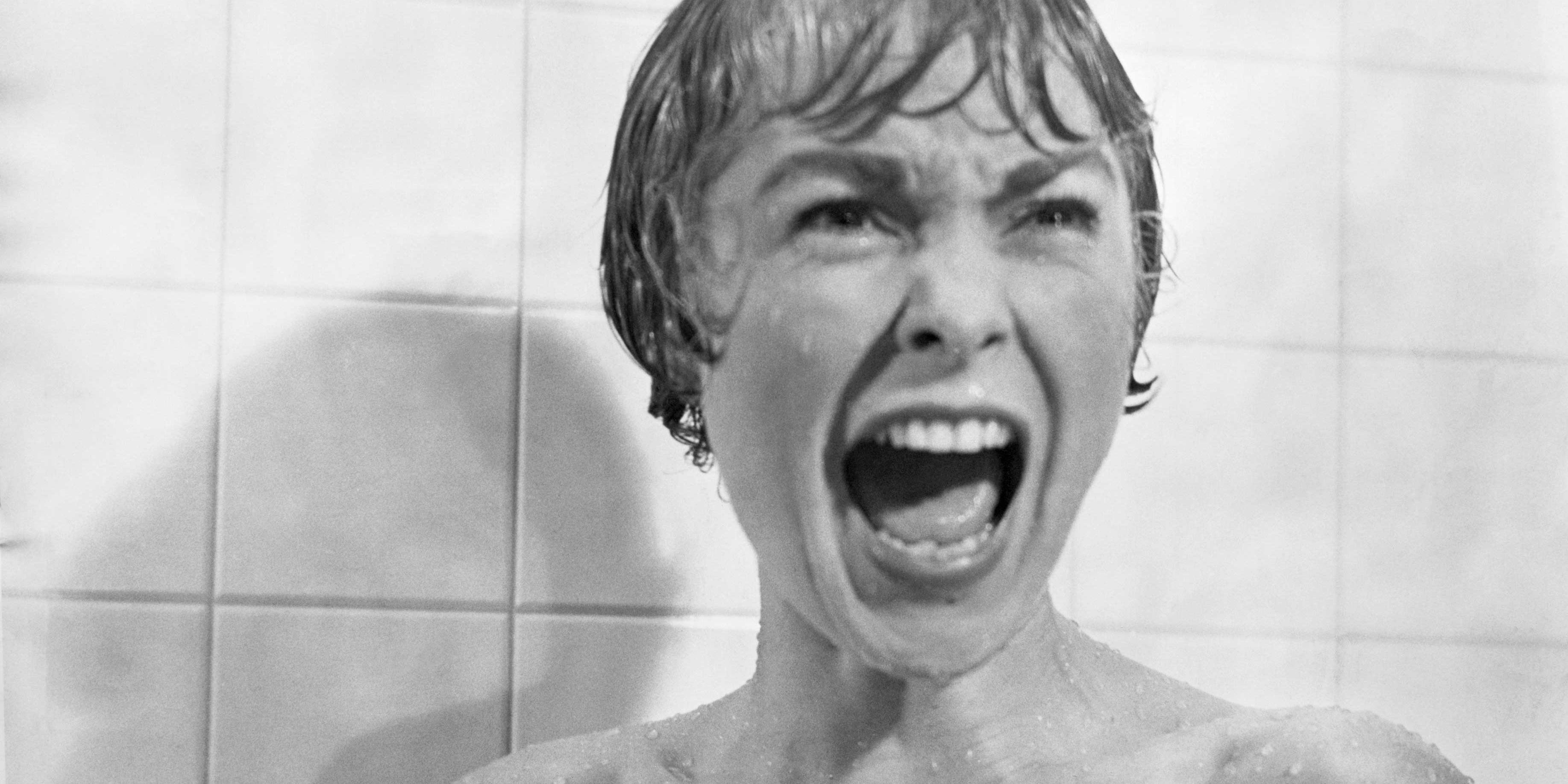
Psycho has become a part of the collective unconscious. Even people who haven't seen it seem to know the whole story and how it ends. While a huge box-office success, with lines around the block, critics were not too kind.
Critics called Psycho a "gimmick movie, "obviously low-budget job," and "a TV episode padded out to two hours." Psycho had a very unorthodox release wherein there were no usual pre-release screenings as Alfred Hitchcock wanted to maintain the film's secrets. This meant critics had to see it with the general public so it's possible that this was a reason for the negative reviews.
6 The Thing
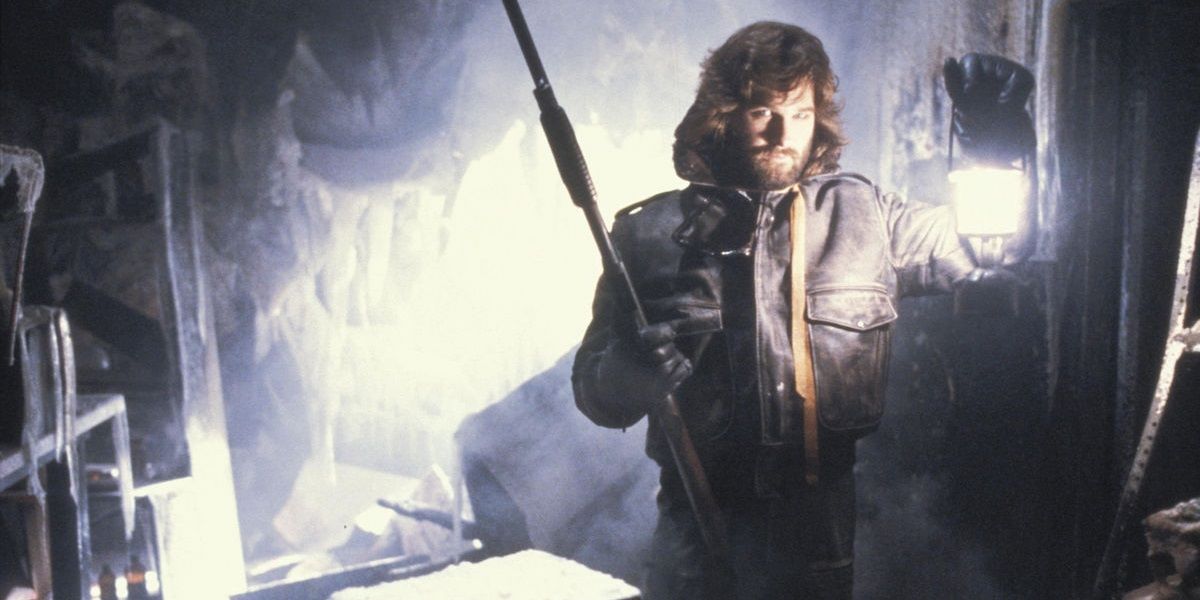
Before The Thing's release, director John Carpenter felt he had made his masterpiece. Unfortunately, critics thought otherwise. The classic shapeshifting alien horror film received terrible reviews when released in 1982 on the heels of the lovable alien classic E.T.
Cinefantastique featured The Thing on its cover with the headline "Is this the most hated movie of all time?" It was called the "quintessential moron movie of the 80s" and "instant junk." However, contemporary reviews hail it as a masterpiece and milestone of the horror genre.
5 Fight Club
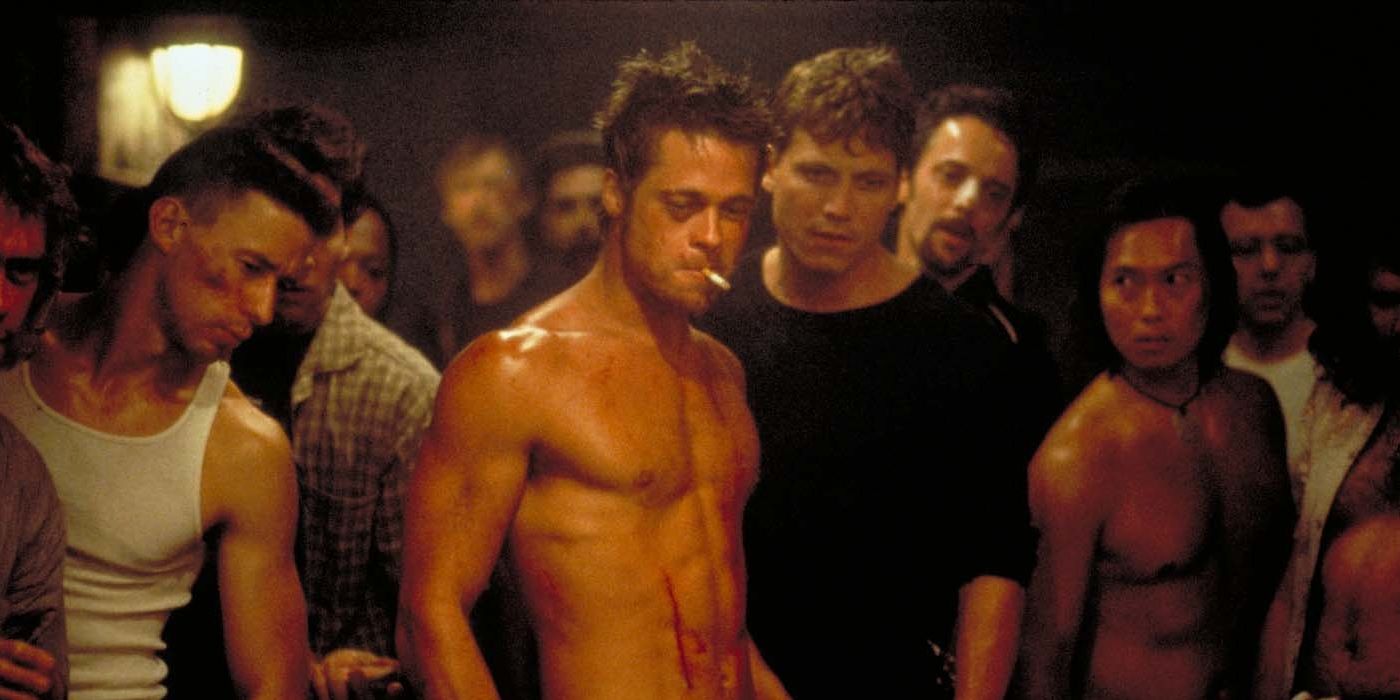
Fight Club is now considered one of the defining movies of a generation, however, it wasn't always that way. The film was based on a controversial book and even the studio believed the move would flop, which caused them to change the movie's marketing.
As anticipated, reviews were mixed. Many critics found the movie "gimmicky," while others thought it descended into silliness after the first act. Most criticisms were aimed at the movie's violence which many believe was excessive, even becoming worried it might inspire copycats. However, since its release, it's been reevaluated by critics and audiences and is now considered an innovative film that's noted for its huge cultural impact.
4 Blade Runner

If there ever was a misunderstood film, it was Blade Runner. Now considered a science fiction masterpiece, it was neither a critical or commercial hit when released in 1982. As audiences know now, Blade Runner isn't Star Wars. It's a slower, contemplative piece, however, it was marketed as an adventure movie.
Audiences expected an action movie and that's not what they got. Critics felt the movie was too slow, with the LA Times referring to it as "Blade Crawler." While others felt the story took a back seat to the special effects. However, after the director's cut was released in 1992, it started to gain a following and it became so popular that Blade Runner was one of the first movies ever released on DVD. After several more versions, audiences have come to appreciate its complexity. This led to a sequel Blade Runner 2049 which was a hit with critics but, like its predecessor, failed to connect with audiences, however, it has a very strong following.
3 Bonnie & Clyde
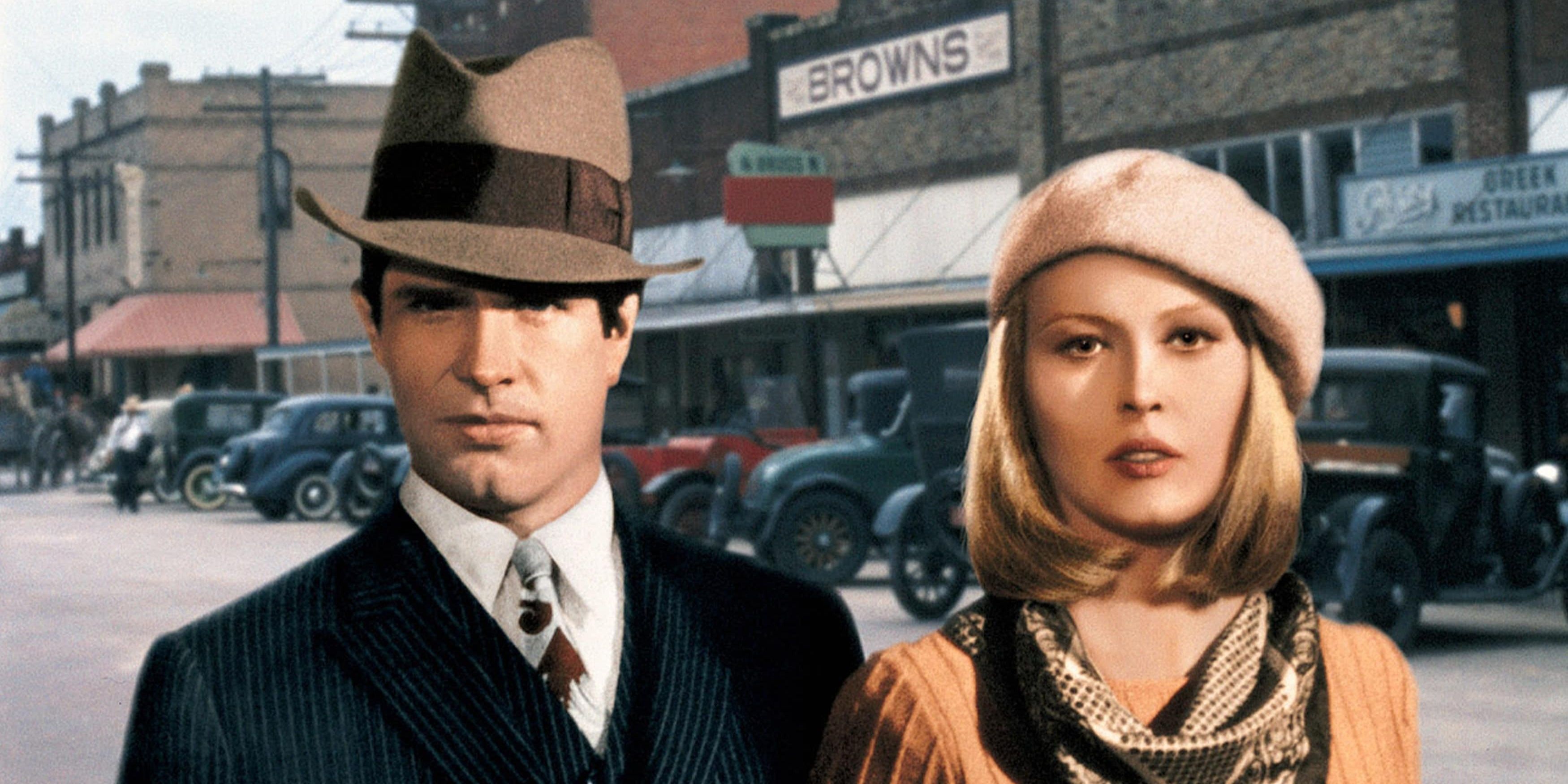
The story of bank robbers Bonnie & Clyde exploded onto screens in 1967 and changed cinema forever as movies became more violent following its release. The film's violence was actually one of the main criticisms of the movie. The harsh criticism Bonnie & Clyde received actually caused a shake-up in the film criticism world.
A Newsweek critic called the film a "squalid shoot-em-up for the moron trade," however when he saw it a second time with a receptive audience, he reversed his opinion, saying he misjudged the movie. Warner Bros. then began marketing the film as "a movie that a major critic changed his mind about." The public loved it and after The New York Times gave it a bad review, their critic was fired for being out of touch and Pauline Kael, who had written positively about it for another publication, became the Time's new film critic.
2 Hocus Pocus
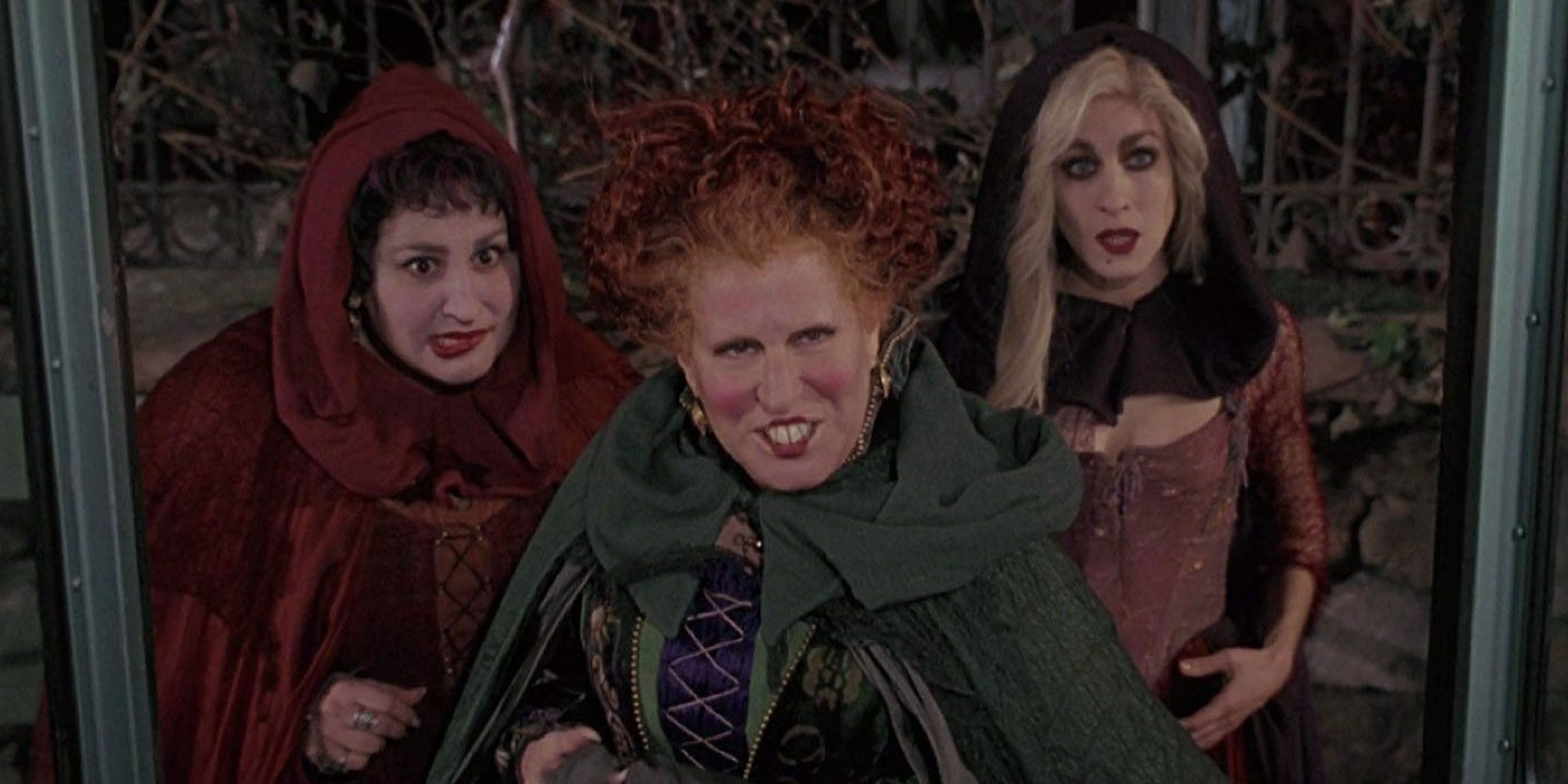
In recent years, Hocus Pocus has become a bit of a phenomenon and is more popular than ever, but this wasn't the case back in 1993 for the witch comedy. Not only was Hocus Pocus a massive box-office disappointment, but critics called the film "dreadful" and "depressingly hell for Bette Midler fans."
However, over the years, after being broadcast around Halloween on networks like the Disney Channel and, what is now, Freeform, it grew a following among new viewers, as well as adults who have a nostalgic fondness for the movie, having grown up with it. Now, Hocus Pocus has impacted the culture and is more popular than ever, with a sequel in the works.
1 Citizen Kane
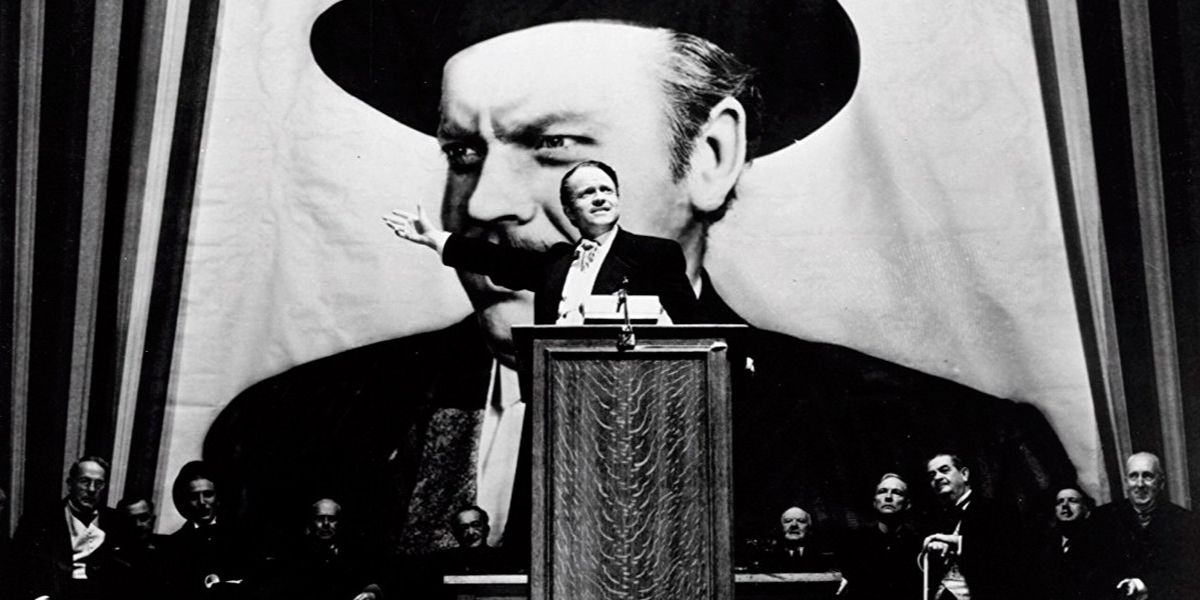
While Citizen Kane enjoyed critical success in 1941, it failed to connect with audiences and faded into obscurity as a box-office failure. However, in 1956, the film's distributor, RKO, sold its library to television where it found a new audience and, that same year, film critic Andrew Sarris wrote an essay describing it as "a great American film," and "the work that influenced cinema more profoundly than any American film since Birth Of A Nation."
In the years that followed, more books and essays were written about Citizen Kane and it's believed that the rise in art-house movie theaters and film societies is the cause of its reevaluation. To this day, Citizen Kane is widely considered not just a great movie, but the greatest movie of all time.
from ScreenRant - Feed https://ift.tt/38nQT6d

No comments: